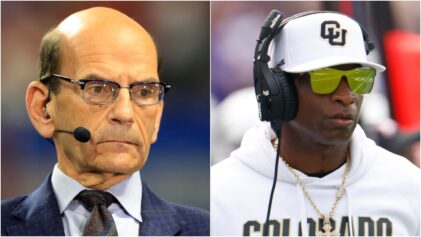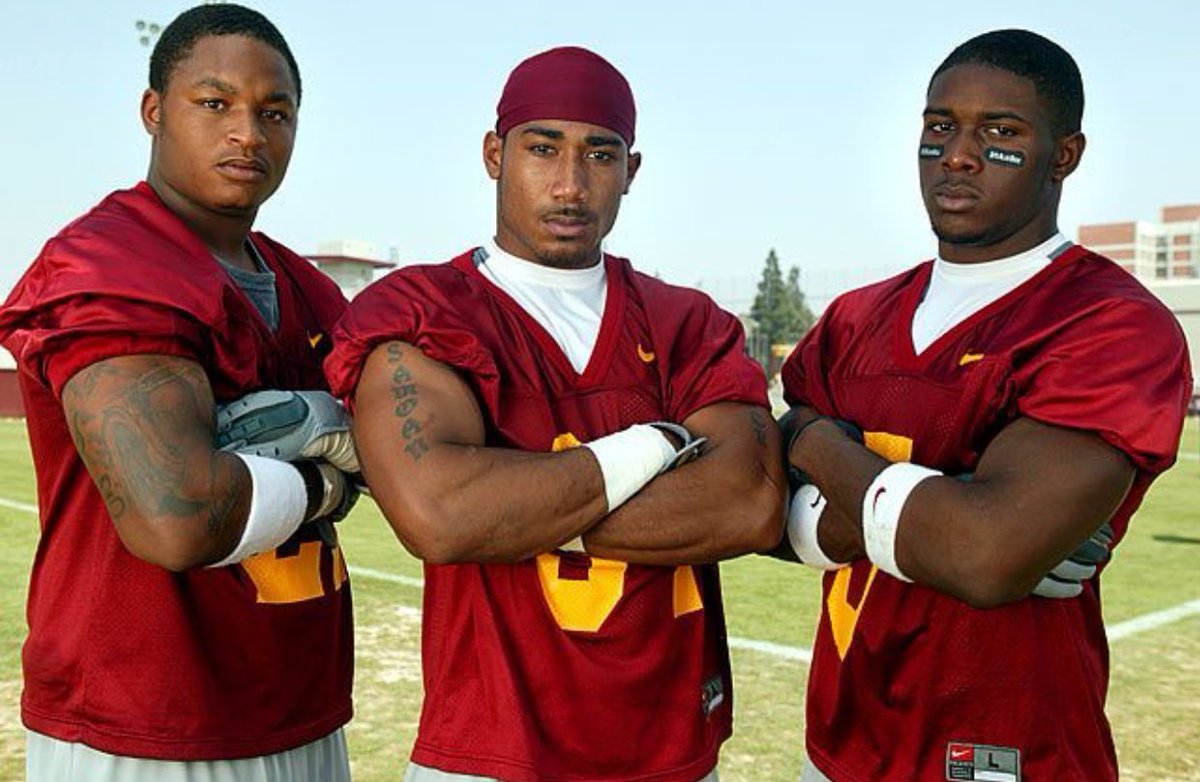The NCAA has been embattled in recent years, and now a lawsuit has been brought to the collegiate athletic association that could threaten its existence. Alana Gee is a widow currently suing the association in a case that could cost the NCAA over $100 million. The lawsuit alleges the NCAA failed to protect her husband, Matthew Gee, a former USC football player who died in 2018 at just 49 years old from permanent brain damage from head trauma.
Although many college football players have brought hundreds of wrongful death and personal injury lawsuits against the NCAA in the past decade, this one might become a watershed moment. In the early ’90s, Matthew Gee was a team captain for the USC Trojans, and he suffered permanent brain damage from multiple blows to the head during the 1990 season when he helped USC to the Rose Bowl.
Gee’s widow is seeking a minimum of $1.8 million. If the NCAA loses the suit, it could owe hundreds of millions in damages to others with the same claims. Ultimately, a flood of future concussion lawsuits would be in the NCAA’s future. Look no further than the concussion suits the NFL is facing for proof.
“This trial will begin to shed a light on the NCAA’s wrongful conduct, and we believe that light will only get brighter as hundreds more former NCAA football players finally begin getting their days in court,” Todd Logan, an attorney for the plaintiff, said in early October to Front Office Sports.
However, the NCAA has a defense: Gee “assumed the risk” by playing football. The NCAA bylaws state that the schools, not the NCAA, are liable for any alleged mishandling of injuries.
According to the NCAA’s defense, “collegiate football was not a substantial cause of Gee’s death.” The NCAA also blames Gee’s death on excessive drinking, drug usage, and other health problems.
Gee’s attorneys claim the alleged substance abuse issues resulted from his CTE.
However, Gee’s case is even more significant, as it is only the second to go to trial over chronic traumatic encephalopathy (CTE) allegations. The case could also be the first to go before a jury.
“As we’re understanding more and more about the disease, there appears to be more pushback about the positive agents, positive factors when that’s actually become more established,” Dr. Daniel H. Daneshvar, a neuroscientist and brain injury physician, said to Kansas City’s NBC affiliate KSHB41.
In a video deposition, Kevin Lennon, the NCAA’s vice president of Division 1 governance, stated that the university doctors and health and safety officers are the experts to decide on the best concussion prevention and treatment.
“I think they’re doing a good job in that regard,” Lennon said while re-establishing that the NCAA believes that higher education institutions hold control at the campus level. Additionally, Lennon also testified that he would not advise a 17-year- old that is thinking of playing collegiate sports about the potential dangers of concussions without knowing the individual student’s background.
Alana Gee’s testimony date has yet to be set; however, the trial is expected to last a month.



